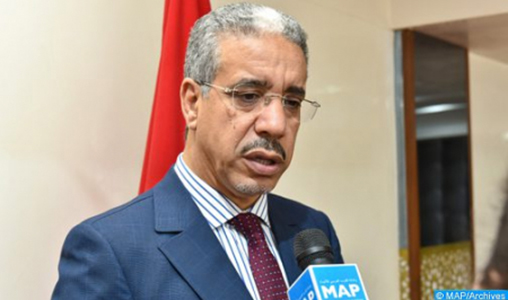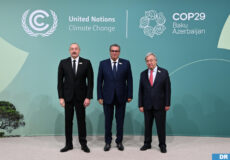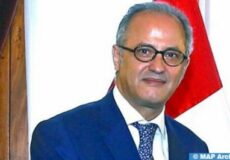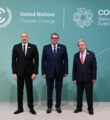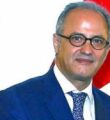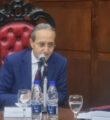Moroccan Renewable Energies Development Plan Seeks to Reduce Energy Consumption by 20% in 2030, Minister Says
Rabat – The Moroccan plan for the development of renewable energies seeks to reduce by 20% energy consumption by 2030, said minister of Energy, Mining and Environment, Aziz Rabbah.
The minister, who recently took part in the first virtual meeting of the Energy Transition Council, launched by the United Kingdom as part of its presidency of COP26, noted that the national plan for the development of renewable energies also aims to exceed 52 % of installed electrical power from renewable sources, according to a statement issued by the ministry of Energy.
Upon the High Guidelines of HM King Mohammed VI, Morocco has been engaged in the process of energy transition since 2009 to develop renewable energies and energy efficiency while strengthening regional integration, said Rabbah, who participated in the high-level session of a meeting on clean energy in Africa.
According to the minister, the objective is to optimize the Moroccan electricity mix around reliable and competitive technological choices, by combining the different technologies available in the field of renewable energies.
Rabbah called for exploring opportunities for cooperation and strengthening North-South cooperation, particularly in the areas of clean energy technologies, development of policy and regulatory frameworks to encourage investment, increase energy efficiency and achieve the Sustainable Development Goals, while harnessing centralized and decentralized clean energy solutions to achieve universal access to sustainable and modern energy by 2030.
Ministers and senior officials from 21 countries came together with leaders of the world’s international organisations focused on the global power sector for the first meeting of the COP26 Energy Transition Council. The Council aims to accelerate the global transition to clean power.
The Energy Transition Council, launched by the UK as part of its COP26 Presidency, has recognised the need to respond to this global challenge, noting that “governments, industry, investors, workers and civil society all have a part to play. Our national contexts and policy approaches may differ, but the transition will be faster, more effective and lower cost for all if we work together.”
Chaired by COP26 President, Alok Sharma, and the UN Secretary General’s Special Representative for Sustainable Energy, Damilola Ogunbiyi, the group agreed to use this forum to enhance its cooperation. Together, these governments and institutions will aim to find solutions more quickly to the technical, economic and social aspects of the transition to low cost, low carbon, inclusive and resilient power systems.



